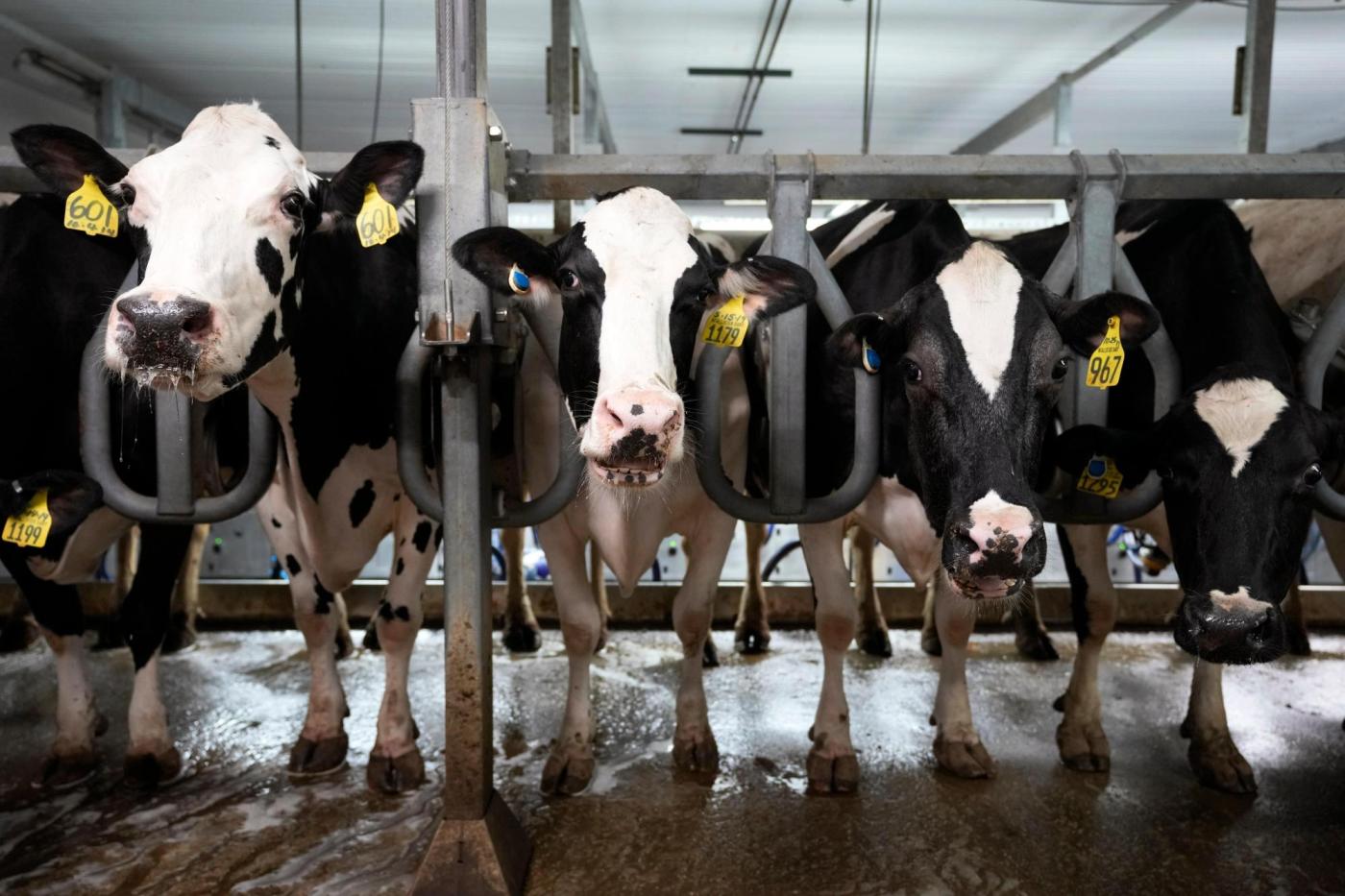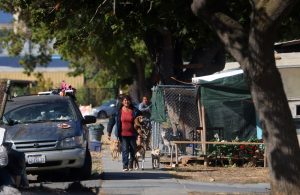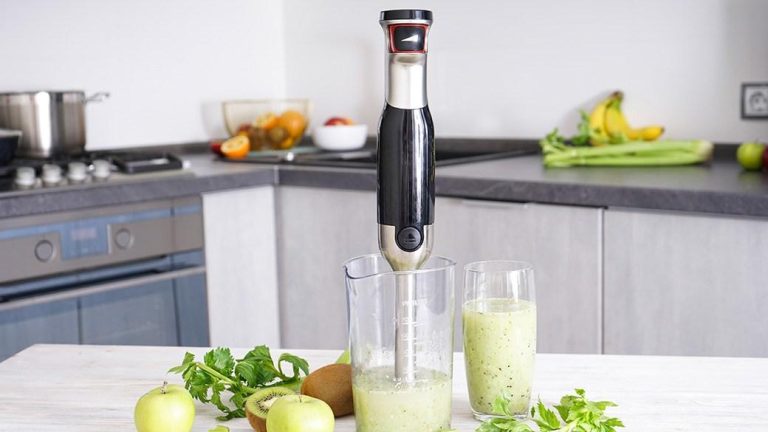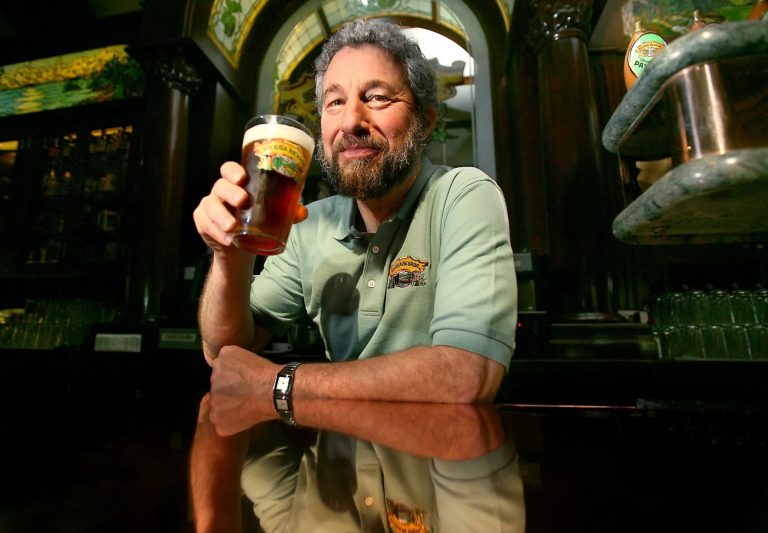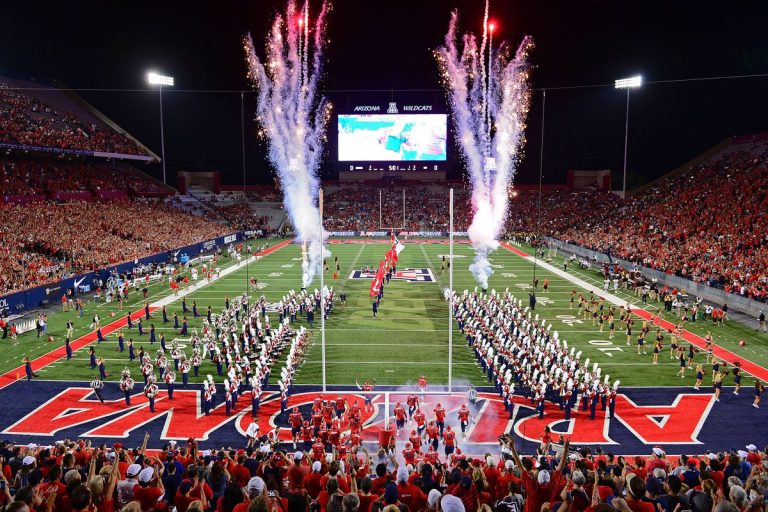Highly Pathogenic Avian Influenza was recently detected in three herds in the Central Valley. California is the nation’s largest dairy state, producing 20% of U.S. milk, so these infections pose a particular threat to both public health and food security in a country that has become heavily dependent on animal-based protein. This June, researchers detected H5 virus in San Francisco Bay Area wastewater. California was the only state with H5 wastewater detections, but no infected dairies have been reported — until now.
Many veterinarians, like me, believe the virus has been circulating in California dairies for months. To stop the spread now, it’s time to take immediate action to increase disease surveillance through mandatory testing. We must also question our reliance on animal-based methods of protein production, which allow viruses of pandemic potential to flourish.
Though the United States Department of Agriculture (USDA) has encouraged more widespread testing by offering to compensate producers for veterinary care and 90% of lost milk production, dairy producers are still reluctant to test sick cattle, fearing that government bailouts will not fully compensate them for their losses. One Colorado producer admitted to not notifying the state of illnesses, saying, “Sometimes it’s more convenient to not know.”
Dairy producers have even fired their veterinarians over testing disputes. Keith Poulsen, a veterinarian at the Wisconsin Veterinary Diagnostic Laboratory, said there are times when “I know there’s flu on this farm, but the owner won’t approve testing.”
The virus has led to the mass extermination of 100 million commercially raised poultry birds across the United States since 2022. Globally, over 48 mammal and 485 bird species have been infected, including house mice and cats. In March, several cats died from drinking raw milk, but recently, two indoor-only cats with no known direct exposure to the virus also tested positive and died. Many more cases could be going unreported.
Thirteen poultry and dairy workers have become infected with the virus, and researchers are worried that H5N1 reassortment with the seasonal flu virus could lead to the creation of a virus that is more easily transmitted between people, leading to a new human pandemic. Just last week, one person in Missouri tested positive for H5 with no known animal source. Could this signal the beginning of person-to-person spread?
To get a better handle on the virus, Colorado implemented mandatory bulk milk tank testing statewide — uncovering 11 new positive herds. Unpublished research showed that bulk tank testing could uncover H5N1 infections 14-16 days before symptoms are noticeable.
Our increasing dependence on animal-based protein production creates an ever-escalating infectious disease risk. Today, we consume nearly twice as much animal protein as we did a century ago. This growth is encouraged with the help of $38 billion dollars per year in government subsidies to the livestock industry. With the government granting $176 million to Moderna to develop an avian influenza vaccine, more than $1 billion allocated to address avian influenza in poultry flocks, more than $800 million given to compensate producers for the loss of their birds, and $200 million allotted to address avian influenza in dairy herds, this avian influenza outbreak will likely cost taxpayers billions when all’s said and done.
Related Articles
‘This is not a bill’: How to decipher explanations of benefits and pay for your medical care
ACA enrollment platforms suspended over alleged foreign access to consumer data
US uninsured rate was stable in 2023, even as states’ Medicaid purge began
Errors in Deloitte-run Medicaid systems can cost millions and take years to fix
When should I get flu and COVID shots? Experts disagree — but say get them however you can
Instead of continuing to prop up harmful animal-based protein production with our tax dollars, we could be supporting businesses that increase access to nutritious, delicious and ubiquitous animal-free meals. Research has shown this redistribution of public funds could save $7.3 trillion globally in health burdens and ecosystem degradation. While testing and vaccines are needed to respond to this outbreak, we should make plans to move away from food production methods that escalate our arms race against nature.
For now, we need to get a handle on the true extent of H5N1’s spread in our state. California must follow Colorado’s lead and immediately mandate bulk milk tank testing to protect animal and public health. Ignorance is bliss, but ignorance should not be our public health policy.
Dr. Crystal Heath is a veterinarian and executive director of Our Honor, a nonprofit veterinary advocacy organization.
